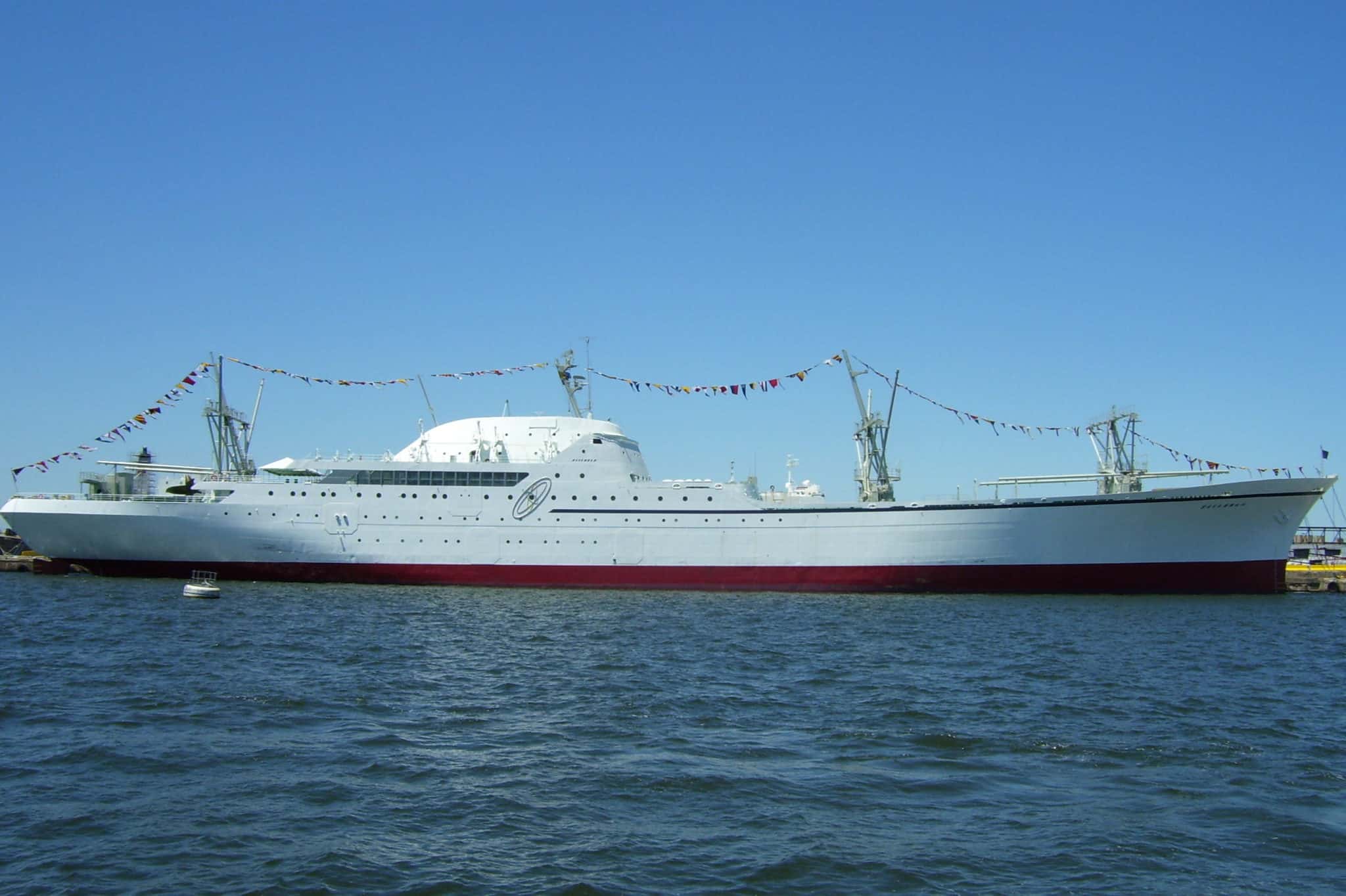Letter from the Editor: Wasted Nuclear Knowledge
I spent 12 years in the U.S. Navy learning how to operate nuclear heated engines at sea. The most challenging and rewarding job during those years was serving as the Engineer Officer (what surface ships would call the Chief Engineer Officer) of the USS Von Steuben, SSBN 632 (GOLD).
I have also spent several years studying the commercial shipping industry, talking to ship agents and operators, and performing financial optimization calculations for various ship designs. My conclusions from this exercise dispute the conventional wisdom regarding nuclear propulsion.
Nuclear engines could be providing clean, reliable and essentially unlimited power for some of the thousands of commercial ships visiting our shores every year. With the right kind of foresight, many of those ships could be manufactured here in the United States and crewed by U. S. citizens. Their low fuel costs and high speed capabilities could keep them competitive, even against ships paying low wages.
Guarded Knowledge
Former Navy nukes represent a potential core body of expertise to develop a commercial nuclear ship operating industry. Unfortunately, this kind of defense conversion is not even being discussed. It is a waste of a valuable resource.
There are thousands of highly trained men (so far, essentially all Navy nukes are men) who have left the Navy’s nuclear power program whose many years worth of training and experience are not being used to their full advantage. Part of the reason that there is little discussion about commercial nuclear engines for ships is that there are few unemployed ex-nukes with the motivation to question the status quo. Some have been able to land jobs in the shrinking civilian nuclear power industry. Other have used the experience and formal training they received in steam plant operation, thermodynamics and electronics to earn jobs in conventional power plants.
Many of my former colleagues, however, have entered into totally unrelated occupations. I know two ex-nukes who are now medical doctors, other friends are in the financial community, some are lawyers, salesmen, teachers, and industrial engineers. Nukes are generally resourceful, smart and flexible. The Navy has actively discouraged nukes from directly applying their knowledge. In the Navy program, even the Second Law of Thermodynamics is marked with a Confidential label in training textbooks. This official discouragement of commercial applications of nuclear technology dates to Admiral Rickover’s thirty years as the head of the program. Apparently, the Admiral believed that the only way for nuclear power to be beneficial was for him to control it.
Time to Move On
The Navy needs to understand that the Cold War is over, that commercial nuclear power is a reality encompassing over 400 power plants in the world using the same physical principles as their ship engines and that Admiral Rickover died more than a decade ago.
The United States has ignored the potential of nuclear powered engines for commercial ship propulsion for more than twenty years. It is shortsighted for our country to squander such a huge and expensively developed advantage over competitors without even any honest discussion. This issue of AEI is devoted to firing the first salvo in a much needed debate.

